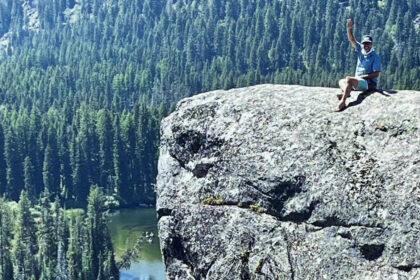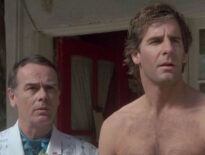
Founders love the sprint. I do. The next release, the hackathons, pitch days, and product launches; we thrive on speed, the release, and feedback. We glorify the rush of deadlines, the late-night breakthroughs, the caffeine-fueled wins that light up LinkedIn.
The problem is that we often confuse motion for momentum, and in doing so, neglect the discipline of recovery.
From the peak of a literal mountain, recently, I marveled at the view, felt the edge, and realized that the climb founders make, repeatedly, needs recovery as much as celebration. The return to rhythm, like exhaling after holding your breath. Without it, the sprint breaks the very system that made progress possible.
Our sprints are the push to the summit; brutal, exhilarating, necessary. But the peak isn’t where you live. We have to descend. Recovery isn’t a collapse like many of us might experience; it’s not the founder slumped after closing a round. Founders celebrate the launch or the raise and forget the descent. They fail to reestablish pace, process, and presence. That’s where burnout sets in, teams fracture, and momentum grinds to a halt.
Most startups don’t fail from running out of money, but from a fracture in the team. And those fractures most often emerge in the valleys, not the summits. This time off the peak seems more important than the climb to the top. And that’s when I realized a cultural flaw that contributes to entrepreneurship being so difficult: Recovery isn’t celebrated because it’s invisible. You can brag about the sprint. You can post pictures of the summit. But no one applauds the walk back down. Yet ecosystems, like founders, only endure through cadence.
Fireworks don’t Sustain Growth, Systems Do
There is a belief in process over optics which is the same conviction that entrepreneurship demands before anyone else can see results. When that pitch goes south or that MVP fails to hit the numbers you so passionately expected would manifest, you have another mountain to climb. A founder who refuses this is like a gambler convinced every hand must be all-in; that win is exhilarating but you’re going to lose more often than not.
The mental health numbers are clear. Research shows entrepreneurs face disproportionately high rates of depression, anxiety, and burnout. I shared through Founder Institute, reports that 72% of entrepreneurs are directly or indirectly affected by mental health challenges, compared to 48% of non-entrepreneurs. Recovery is not indulgence; it’s preventative medicine. It’s what keeps belief sustainable and lets founders climb again.
What we face is not a question of whether you can sprint; you can, we’re wired to, and you will. The real test is whether you can recover with rhythm and resilience. Startups aren’t marathons or sprints (as so often implied); they’re interval training. Success belongs not to the fastest sprinter, but to those who run, recover, and run again.



The founders who last aren’t chasing momentum, they’re managing it.
Thanks for sharing Paul. This need for peaks and valleys applies to all people. From ICs to founders like you discussed in your article.